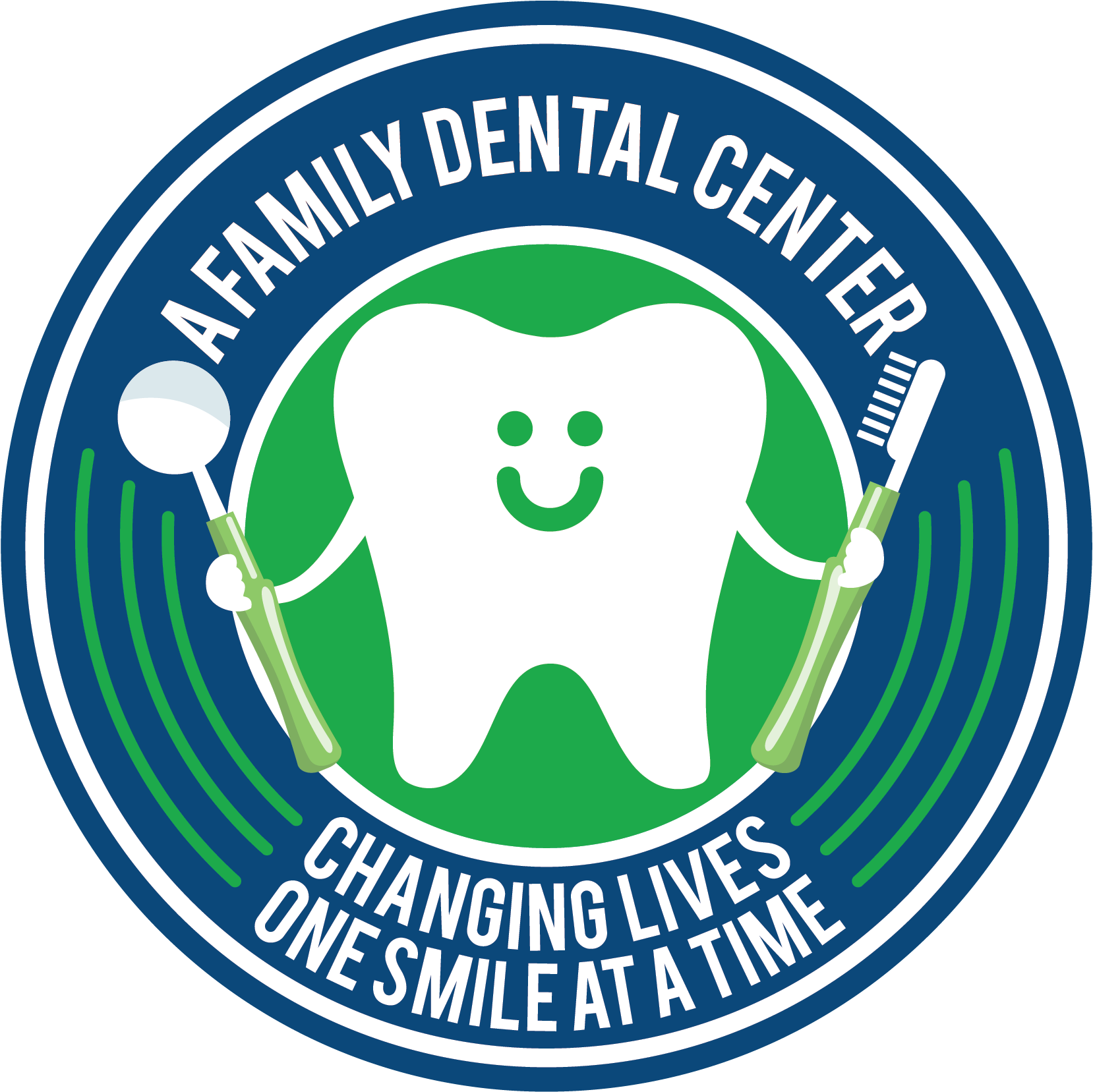
Things to Know about Wisdom Teeth Extraction
Wisdom teeth are large teeth that grow at the very back of the mouth. In some cases, there is not sufficient space in the mouth for them to shift in the right direction. This causes them to break or come out partially.
When this happens, wisdom teeth get impacted which further led to other issues like pain or an infection. The time it takes wisdom teeth extraction takes depends on the extent of damage to the teeth and the difficulty of the surgery.
Problems Associated With Wisdom Teeth
Impacted wisdom teeth lead to the following issues:
- Pain
- Infection or gum disease (periodontal disease)
- Trapping food and debris
- Development of cyst around it
- Damage to a surrounding bone or teeth
- Decay in a partially erupted wisdom tooth
- Complications with orthodontic treatments for straightening other teeth
What is Wisdom Teeth Removal?
Wisdom tooth extraction is a surgical process of removing one or more wisdom teeth. It is performed by a dentist or an oral surgeon.
What Happens If You Wait for a Long Time to Get Wisdom Teeth Pulled Out?
Most extractions do not need instant action from an emergency dentist. But waiting for too much long time can result in orthodontic problems, infection, or even an abscess in the mouth.
How Much Time Does it Take to Recover?
Recovery time after wisdom teeth extraction will be gradual and different for every patient. But few people notice improvement after two weeks. However, if you have swelling, bruising, and pain on the surgical site, it will also require some time to heal.
Some patients require additional stitches to help close the wound.
The professional dental surgeon will discard the stitches after one week.
The entire healing process can be split into the following:
- First 24 hours – During the first 24 hours, blood clots will develop
- 2 to 3 days – Swelling of cheeks and other areas mouth improves
- 7 days – The dentist removes the remaining stitches
- 7 to 10 days – Jaw soreness and hardness subsides
- 2 weeks – Any mild bruises left on the face heal
How to Make Healing Faster?
Do not dislodge the blood clots in the first 24 hours.
It is because if the blood clots get ejected from the wound, or infection exists, recovery may take a long time. Avoid:
- Brushing teeth next to the extraction site
- Wash mouth and drink hot drinks
- Sucking on smoking, straws, or drinking alcohol for minimum 24 hours
- Consume food that requires chewing
You can gently rinse your mouth with antiseptic mouth rinse after one day.
Foods to Eat and Avoid
Eating a healthy meal and staying well hydrated is essential for recovery. Your doctor will give you specific instructions on what food you can eat the first few days of the recovery.
You can begin with the soft foods like:
- Soup
- Cottage cheese
- Smoothies
- Apple sauce
- Pudding
- Mashed potatoes
Avoid food like:
- Seeds or nuts as they could get stuck
- extremely hot foods as they can burn the surgical site
- Drink from only a straw
- Do not consume food too hastily from the spoon as it can dislodge the blood clots or stitches
How Do I Know If My Child’s Wisdom Teeth Needs Removal?
According to the American Dental Association, kids between 16 and 19 have their wisdom teeth examined by the dentist to see if removal is important or not.
However, there is no perfect age for wisdom teeth extraction. There are certain factors to take into account if your child has wisdom teeth. Find out:
- Does wisdom teeth are impacted? Remember, impacted teeth can grow sideways and result in bigger issues in the future
- Does your kid complain of pain? If your little one is talking about any pain or discomfort, it’s a red flag to consider removal.
- Are they crowded? Crowding happens when teeth are too close together and push against other teeth. This pain can result in infection due to the bacteria growing between them.
Wisdom teeth extraction is a common process to fix or prevent issues with the last set of molars. Make sure you follow the instructions of your dentist to prevent infection and speed up healing. If you face severe pain, fever, a lot of bleeding, or any other unexpected sign, call Kennewick dentist right away.
